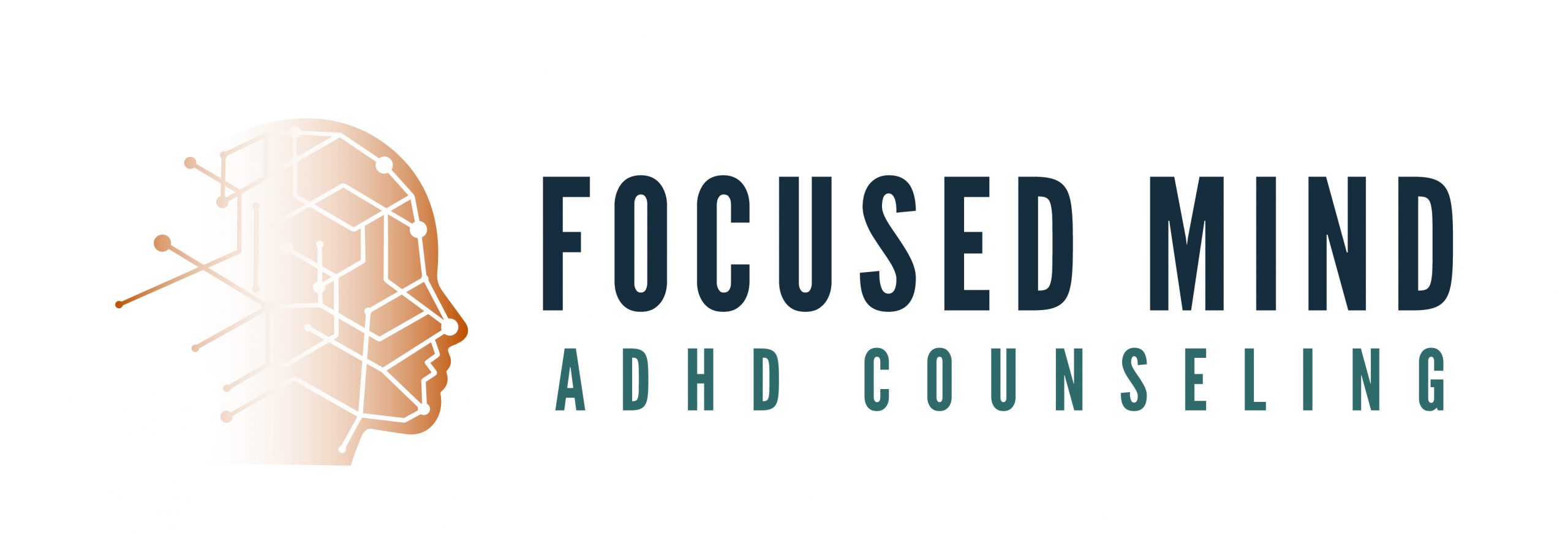
Fall is almost here. It’s a common time for all people–especially people with Attention Deficit Hyperactivity Disorder (ADHD)–to get back into a routine. If you’re like many people with ADHD, you might be experiencing an inner turmoil around getting back into a new work grove or feeling overwhelmed with school schedules. Despite buying every new planner you could think of, you might be feeling like you’re facing a slow start. When this happens, ADHDers tend to blame themselves. But science shows us ”willpower” isn’t the reason ADHD and transitions aren’t always the best of friends. The problem and the solution both come from lacking the right tools. Let’s dig in.
Why Willpower Isn’t the Answer
ADHD isn’t caused or created by willpower. Some of the reason many people with ADHD feel this way stems back to childhood. It’s the part of your life when you may have often heard things like: “you do good when you apply yourself” or even literally “you need to try harder.” This was often in place of positive support, accurate diagnosis, and external accountability. However, willpower wasn’t the answer back then and it isn’t now.
Willpower is a finite resource. It’s somewhat dependent on the brain’s ability to sustain effort over a period of time, delay gratification, and keep its focus on longer-term goals. In the case of ADHD, these features of the brain are unreliable. The ADHD brain naturally struggles with all of them, unless externally motivated or extremely passionate about a task.
Why Transitions Are Hard
The ADHD brain craves novelty and interest. When we transition, we often transition from something you do like to something that either you don’t like or that you find overwhelming. ADHD people simply have fewer neurons in their reward centers, so you find things that are less immediately rewarding a challenge.
ADHD brains also struggle to regulate emotions. When you find a task daunting, you might be filled with fear of failure, or even guilt and shame that getting started is taking so long. The emotions tend to engulf the ADHD brain. When you were a kid, you may have thrown a tantrum when it was time to stop playing a video game. As an adult, you might just procrastinate or have more outbursts with your own kids around transitional periods. ADHD and emotional dysregulation are also why transitional periods are times for increased anxiety and depression for ADHD people.
 The Real Secret: Systems, Not Willpower
The Real Secret: Systems, Not Willpower
Willpower is really never the answer when it comes to ADHD management. Instead, first consider that ADHD is contextual. You thrive under some conditions and shrink under others. Here are some ideas around how to make your context work for you rather than against you:
- Use external cues for reminders (i.e. whiteboards, Post-its) to keep your goals top of mind.
- Develop habits and routines to train your brain to cut out overthinking. For example, waking up every day and going for a walk to meet D goals, rather than trying to decide when to do it day to day.
- Get a support person. Recruit friends and loved ones to offer support and accountability to help you meet your new goals.
- Chunking: break goals down into smaller, more management parts to avoid overwhelm.
- Engage with your passions and interests whenever possible. ADHD brains need interest to build motivation.
Reframing “Back on Track”
The idea that you’re off track or on track is false, and it sets you up for failure. Most of the time, this kind of black-and-white  thinking is rooted in perfectionism (a common part of having ADHD–“if I achieve perfection, my mistakes will never shine through”). Instead, consider life with ADHD as a more fluid process. “Back on track” is not about never slipping, it’s about having the right tools to rebuild systems to achieve goals and live how you want to live. Shaming yourself for “slipping” will always be ineffective. It’s better to let yourself off the hook and refocus your energy onto what system will help you meet your goals more effectively.
thinking is rooted in perfectionism (a common part of having ADHD–“if I achieve perfection, my mistakes will never shine through”). Instead, consider life with ADHD as a more fluid process. “Back on track” is not about never slipping, it’s about having the right tools to rebuild systems to achieve goals and live how you want to live. Shaming yourself for “slipping” will always be ineffective. It’s better to let yourself off the hook and refocus your energy onto what system will help you meet your goals more effectively.
Key takeaways
- Willpower isn’t the reason you’re stuck
- Building the right systems is more effective than relying on willpower
- Negative self-talk leads to guilt and shame spirals that almost always keep life off track
Begin Adult ADHD Treatment in Columbus, Ohio
Looking for more individualized support? You don’t have to live life off completely track. ADHD-focused therapy can help you build routines, meet your goals, and have the right systems in place to keep it that way. Our counseling practice in Columbus, Ohio has caring therapists who specialize in ADHD testing and ADHD treatment. To start your counseling journey with Focused Mind ADHD Counseling, follow these simple steps:
- Fill out the contact form to schedule a free 15-minute phone call.
- Meet with one of our caring therapists.
- Stop feeling overwhelmed. Start finding your way back on track.
Other ADHD Services Offered at Focused Mind ADHD Counseling
Adult ADHD treatment is not the only service we offer at our Columbus, OH counseling practice. At Focused Mind ADHD Counseling, we offer a variety of mental health services, including ADHD testing. As an adult with ADHD, we know you may also benefit from anxiety treatment for ADHD, counseling for men with ADHD, couples therapy for ADHD, or depression counseling for ADHD. You can also view our blog for more resources and helpful info.


